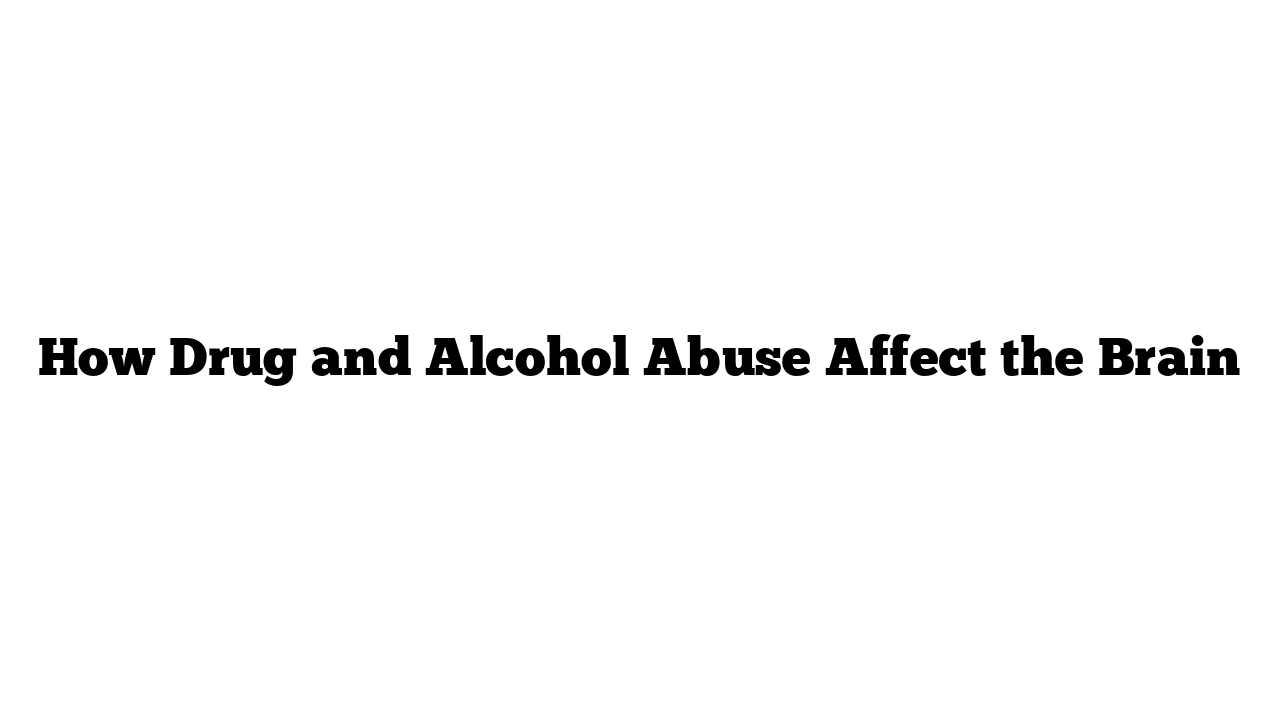Long-term abuse of drugs and alcohol can have severe effects on the brain, leading to physical changes that impair its function. Understanding these impacts is crucial for recognizing the path to recovery.
The Limbic System
One of the primary areas affected by substance abuse is the limbic system. This part of the brain supports various functions, including:
- Emotion
- Behavior
- Motivation
- Long-term memory
- Olfaction (sense of smell)
When someone consumes alcohol or drugs, the limbic system releases dopamine, the neurotransmitter responsible for feelings of pleasure. However, with prolonged use, the brain’s ability to produce dopamine diminishes. This leads to:
- Reduced pleasure from activities that once brought joy, such as hobbies or social interactions.
- Difficulty experiencing satisfaction, which can perpetuate the cycle of substance abuse.
The Frontal Lobe
Another critical area impacted is the frontal lobe. This region is essential for:
- Decision-making
- Impulse control
- Moral reasoning (distinguishing right from wrong)
When the frontal lobe is compromised due to drug or alcohol use, it can lead to:
- Impaired decision-making abilities.
- Increased impulsivity, making it challenging to resist the urge to use substances.
The Amygdala
The amygdala, which regulates emotions, is influenced by the frontal lobe. When the frontal lobe isn’t functioning correctly, the amygdala can become:
- Oversensitive to stress, leading to:
- Extreme mood swings
- Increased anxiety and feelings of panic
- A persistent sense of fear, causing individuals to feel unsafe in their environment.
Cellular Structure
The cellular structure of the brain is also negatively impacted by alcohol and drug abuse:
- Gray matter is responsible for thinking and feeling, while white matter facilitates communication between gray cells.
- Persistent use of drugs and alcohol can kill white matter, disrupting communication pathways in the brain. This leads to:
- Impaired processing of information.
- Difficulty in cognitive functioning.
Although the brain can adapt and reroute these pathways using the remaining white matter, this process requires:
- Abstinence from substances
- Time for recovery
The Road to Recovery
While the effects of drug and alcohol abuse on the brain are daunting, there is hope. If an individual can completely stop using these substances, the brain begins to heal. This healing can lead to:
- Reversal of cognitive impairments.
- Recovery from brain shrinkage.
- Formation of new neural pathways, restoring normal brain function.
With commitment and support, those affected can achieve full physical recovery and regain control over their lives.
Build Trust with Your Audience
Understanding the profound effects of substance abuse on the brain underscores the importance of seeking help and support. If you or someone you know is struggling with addiction, know that recovery is possible, and a brighter future awaits.
